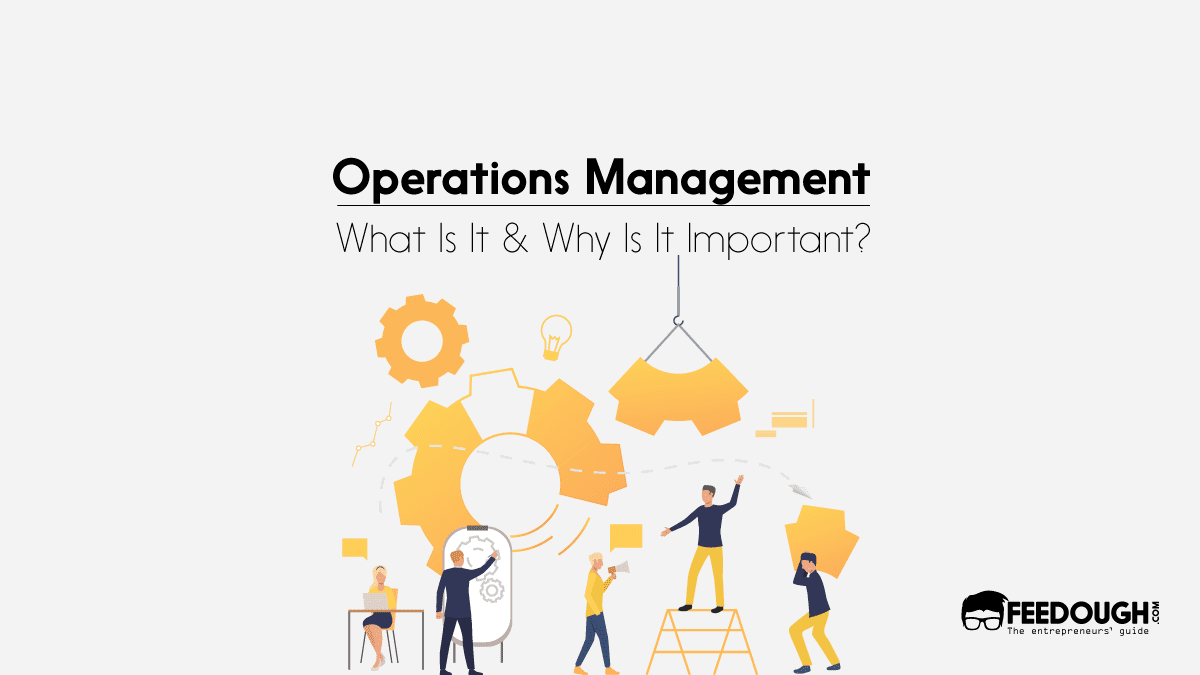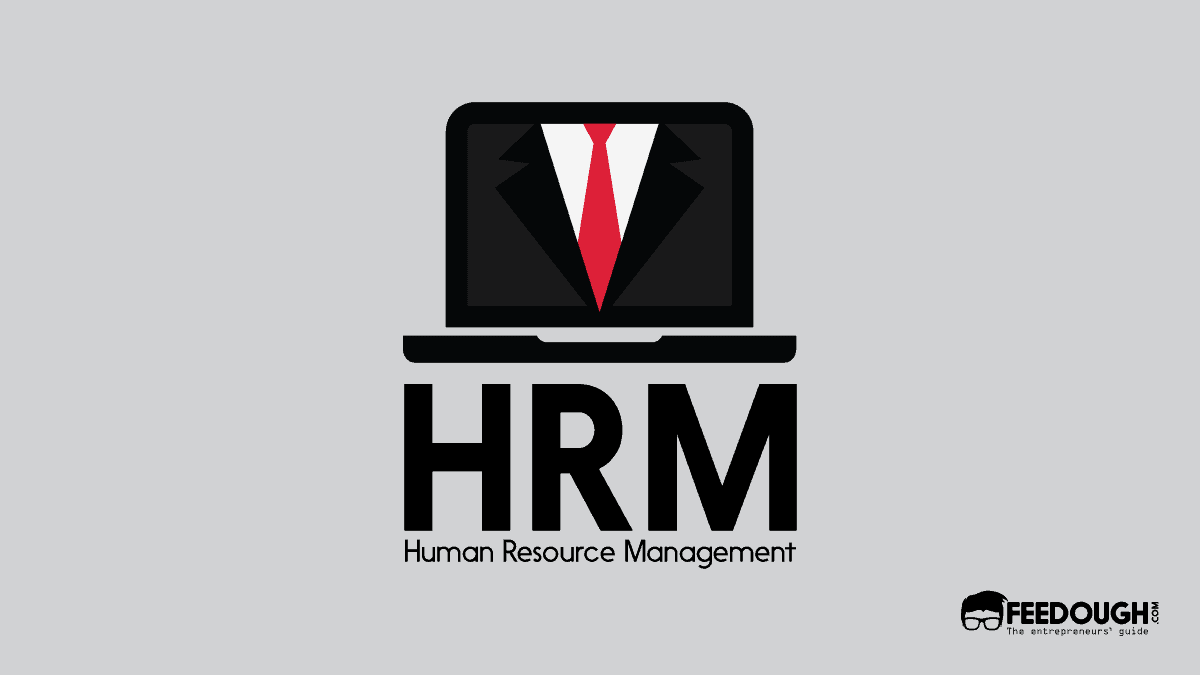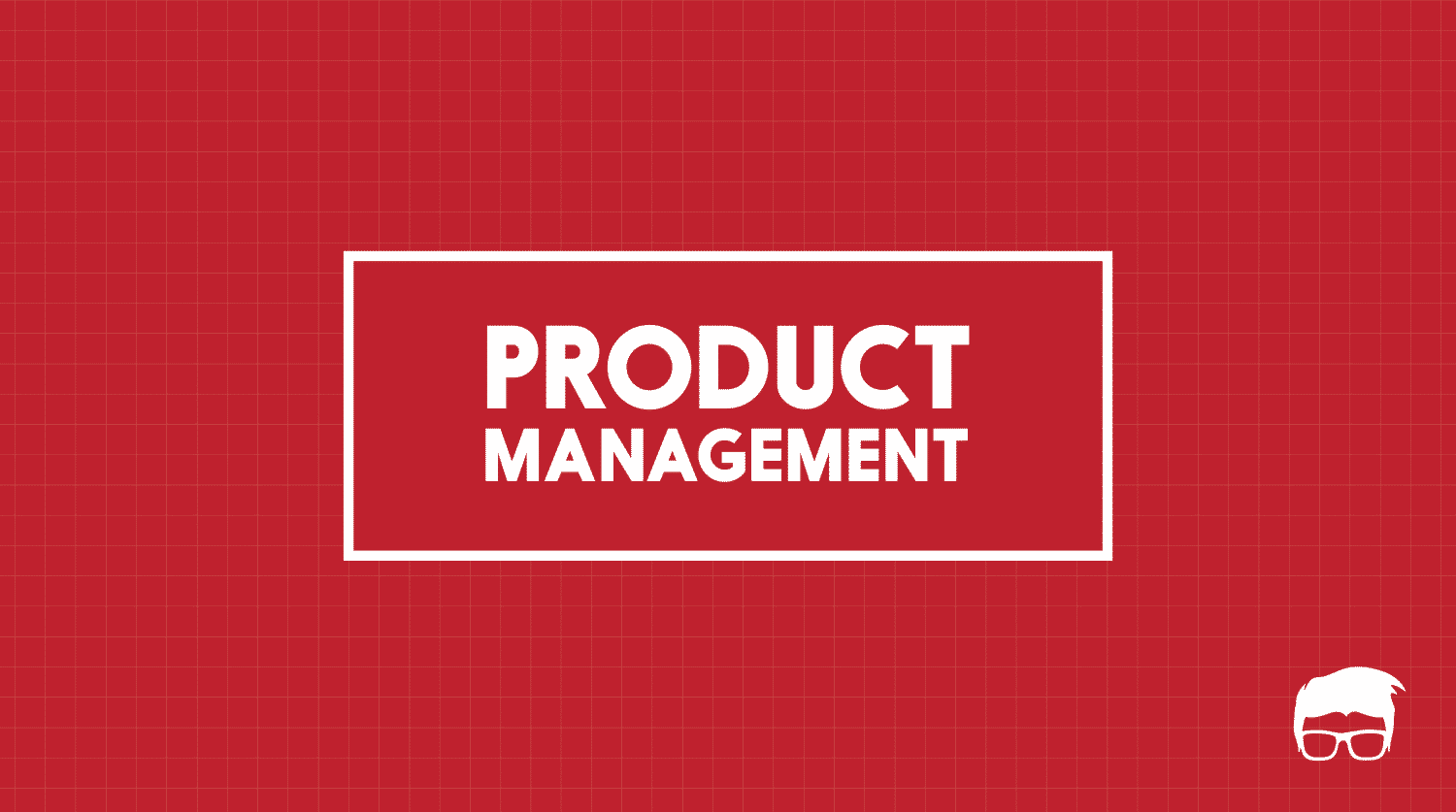There’s a lot that goes into a successful business. From having the right resources to managing what goes on with day-to-day operations, businesses must have access to efficient processes and systems. This is where operations management comes in.
Operations management is the key to success for any business. But what is operations management, and why do businesses need it?
What is Operations Management?
Operations management is a business management discipline that oversees, designs, manages and controls the process of production and business operation to maximise efficiency.
In simple terms, it refers to the planning, organising, directing, and controlling of the processes that produce a company’s offerings. It involves managing the entire production process and also the support activities required to produce goods and services.
For example, in a retail clothing store, operations management would involve tasks such as forecasting demand for different types of clothing, ordering materials and supplies from vendors, setting prices for products, and managing the production process to ensure that clothes are made on time and to the desired quality standards.
The operations manager might also be responsible for managing the logistics of distributing products to stores and managing inventory levels to ensure enough stock to meet customer demand.
What Does Operations Manager Do?
In general, the role of the operation manager is to oversee the production and distribution of the product. But when it comes to their roles, there are some key responsibilities of an operation manager, which include:
- Design, implement and maintain the process of an organisation. It includes software and programs a company uses to function.
- Schedule timely productions to maintain inventory.
- Develop, implement, and maintain the quality control system.
- Collaborate and coordinate with all the organisation’s departments to ensure everyone is on the same page and meets the production goals competently.
- Coordinate and supervise the work of each team to ensure smooth working.
- Analyse and improve the production process to reduce waste and boost productivity.
- Allocate production budgets and manage production activities.
An example of operation management would be a car manufacturing company where an operations manager is responsible for the production of vehicles – from the acquisition of raw materials to the final output of the car. The operations manager would oversee all aspects of the production process to ensure that the production is efficient, cost-effective, and meets the company’s standards for quality and safety.
What Is The Purpose Of Operations Management
Operations management’s importance is controlling the production process from start to end.
It involves everything from daily production activities to designing, operating, managing, and solving issues, to improving the production system for long-term growth.
Operations management ensures:
- The product meets the customer’s expectations
- There is a balance between the operating cost and revenue to boost profits and
- The overall success of the business.
Systems Of Operation Management
Modern operation management takes into consideration the following four theories:
Business Process Redesign (BPR)
Business process redesign is analysing a company’s current processes and systems, identifying the challenges, and redesigning the strategy. The BPR enables a company to dramatically change the way a company operates to improve efficiency and create higher value for customers.
For instance, if offline stores foresee a future where people sell all their clothing online, that store would lose out to those who do. To remain competitive in the market, they need to build a strategy that focuses on shifting online and in order to do that, they need to redesign their approach from the ground up.
Reconfigurable Manufacturing Systems
Reconfigurable Manufacturing Systems are production systems (including hardware and software components) developed to take modifications and reconfigurations easily. It allows the system to quickly adjust its functionality and production capacity to accommodate changes in production volume.
For instance, if the demand for a particular phone model increases, the company can quickly adjust the reconfigurable assembly system to produce more of that model without disrupting the reproduction of other models.
This flexibility allows a company to respond to the customer’s changing demand and maintain a high level of productivity and efficiency.
Six Sigma
Six sigma directly deals with the quality of a product. The word ‘six’ in six sigma refers to controlling and maintaining limits, placed at six standard deviations starting at the mean of a normal distribution. The companies use statistical analysis and data in the Six Sigma method to identify and remove defects and errors and improve production efficiency.
For instance, a company that manufactures laptops can use the six sigma method to identify & rectify the sources of variability and waste in a manufacturing process.
Lean Manufacturing
Lean manufacturing is a systematic production process that eliminates waste and maximises productivity. This theory entirely focuses on using the resources to the fullest, simultaneously creating value for the customer and ensuring quality.
For instance, if a bakery shop bakes cakes only when there are orders and not otherwise, it is using the lean manufacturing method. This method will eliminate waste and achieve the best possible efficiency.
Benefits Of Operations Management
If a company uses operations management and ensures smooth and effective production, and creates customer satisfaction, the discipline offers various benefits, including:
- Improved efficiency – Product optimisation and waste elimination in operations management help the company increase efficiency and productivity while lowering operations costs and increasing customer satisfaction.
- Innovation & Competitiveness – By continuously looking for new ways to improve and add new technologies, operations management plays a crucial role in innovation and keeping a business competitive.
- Better Use Of Resources – Operations Management makes a company fully use its resources. Implementing operation management theories, technologies, and best practices into production eliminates waste and ensures the resources are used efficiently.
- Create Value For Customers – By designing and managing the production process to meet the customer’s needs and preferences (timely production, less-priced product, effective use), operations management creates value for customers.
- Improved Product Quality – Operations Management implements effective quality measures during production to improve product quality. It ensures the products are of the highest quality standards to meet the target customer’s expectations.
Challenges Of Operations Management
There are a few challenges that operations management faces daily, which are:
- Globalisation: As many companies operate globally, operating through complex supply chains and navigating the dynamic environment can be challenging. While dealing with diverse languages, cultures, regulations, and labour markets makes it more difficult.
- Technology: Technology is mostly the answer to many issues in operation management. But, finding the right tools and technology, keeping up with rapidly advancing technology, and integrating them into the production process can be challenging.
- Talent Management: Attracting, training, and retaining high-quality employees is challenging for any operations manager. Besides, finding ways to keep the employees motivated and engaged is another demanding task managers work on to retain them.
- Streamlining Processes: Streamlining processes in operations management can be difficult for the following reasons:
- Determine which parts of the manufacturing process need to be improved or eliminated without adversely affecting the overall efficiency or effectiveness.
- Changes in a process require significant time and resources, which can interrupt production.
- It can be challenging to analyse the success of process improvement, making it difficult to determine if the changes have the desired output.
Bottom-Line?
Operations management involves managing a lot of tasks – developing strategies, implementing them, and ensuring to execute them efficiently to get the utmost productivity.
Balancing the use of the resources for production, including labour, raw materials, budget, and technology, which mitigates the production cost and boosts the revenue, is the success of the operations management and, thus, of the company.
Go On, Tell Us What You Think!
Did we miss something? Come on! Tell us what you think about our article on operations management in the comments section.
Ravpreet is an avid writer, prone to penning compelling content that hits the right chord. A startup enthusiast, Ravpreet has written content about startups for over three years and helped them succeed. You can also find her cooking, making singing videos, or walking on quiet streets in her free time.









